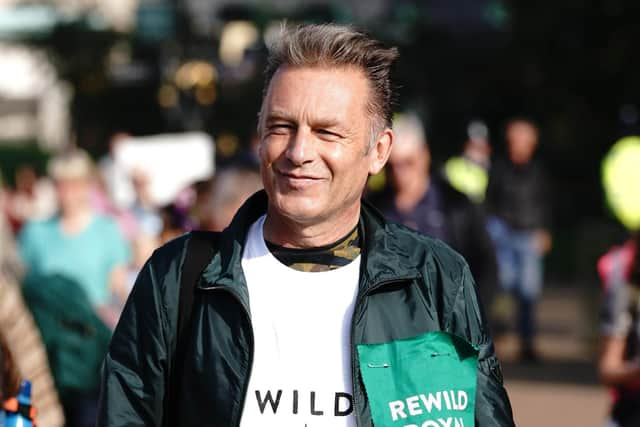Why schools shouldn't impose meat-free meals on children - Mo Metcalf‑Fisher


It was of particular concern when, last year, news broke of a primary school in neighbouring Lancashire implementing a ban on any meat product from being served in the canteen and packed lunches. This was done without any meaningful consultation with parents or guardians and was understandably met with fury.
Only last week, BBC TV presenter and activist Chris Packham was reported as being one of the personalities urging schools to increase the uptake of veggie meals. Ahead of a speech to the national Schools Climate Assembly in Sheffield, Mr Packham told the Yorkshire Post: “There’s no ambiguity about the fact that we need to be eating less meat”. I disagree. The judgement should not be ‘meat bad, plant-based good’, but ‘locally sourced and sustainably produced good, food miles and heavily processed bad’. Lord Deben, the chairman of the Climate Change Committee, said pro-vegan activists were wrong to argue that eating meat was not environmentally friendly and were “muddying” the debate by calling for plant-based diets. “They do it because they have other views about animals, but they have to accept that it is not about climate change,” he said.
Advertisement
Hide AdAdvertisement
Hide AdUK farmers, including those across Yorkshire, produce beef and lamb that is among the most efficient and sustainable in the world due to our extensive, grass-based system. According to the NFU, around 65 per cent of farmland in the UK is best suited to growing grass rather than other crops. If we did not graze livestock on it, we could not use it to produce food.
Equally, there is a growing consensus about the importance of eating more game meat too. Overgrazing by deer, for example, has been having a huge impact on other species, as well as the biodiversity of our environment due to the excessive browsing of vegetation, shooting shrubs and sapling trees. It is widely accepted that the deer population must be managed. In light of this, the East Lancashire NHS Trust must be congratulated for successfully using deer meat from that management effort to provide a range of meals to its patients. More public bodies should do their part for the planet by serving it up much more regularly.
It should also go without saying that the decision of whether to eat meat or not is exclusively a personal one and in the case of schools, it should clearly lie with parents or guardians.
Rather than implementing sweeping bans on the dietary preferences of the vast bulk of the UK population, public bodies, including schools, should instead engage with their farming communities and pledge to supply locally produced goods. Doing so will demonstrate support for the custodians of our countryside and help support sustainable farming for the long term. Knowing where your food comes from and how it is produced is far more important than whether it is animal or vegetable.
Mo Metcalf‑Fisher is head of media at the Countryside Alliance.